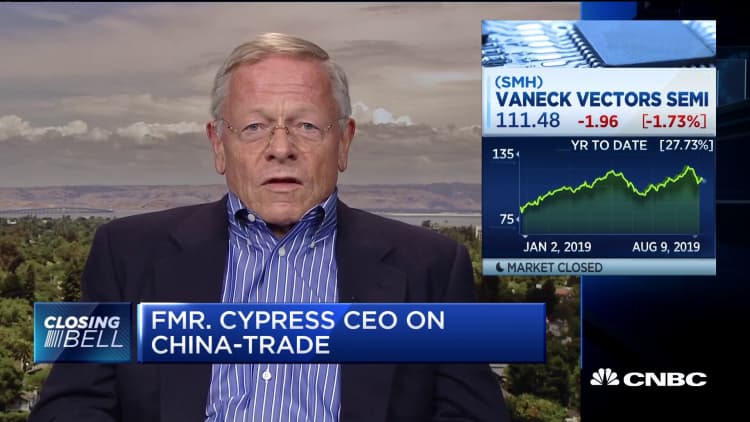Huawei employees helped African governments spy on political opponents by using cell data to track their location and intercepting encrypted communications and social media, a Wall Street Journal investigation found.
The report, which did not find evidence that Huawei executives in China were aware of or approved the activities in Africa, could still add ammunition to the U.S. government's allegations that Huawei could be used for espionage on behalf of the Chinese government. Huawei has denied these claims, but the U.S. has remained wary of the smartphone maker, with the Department of Justice filing criminal charges in two separate cases in January, alleging its CFO committed wire fraud and violated U.S. sanctions on Iran and that the company stole trade secrets from T-Mobile.
The WSJ investigation did not find evidence of spying activity by or on behalf of the Chinese government in Africa. It also did not find any unique features in Huawei's technology that allowed spying activity to occur.

In two separate cases in Uganda and Zambia, the Journal found that Huawei employees used its technology to aid domestic spying on behalf of governments in those countries. Huawei technicians working in Uganda's police headquarters office used Pegasus spyware made by Israei company NSO Group to crack into the encrypted messages of a rapper-turned-activist named Bobi Wine, the Journal investigation initially reported. (The WSJ later corrected its article to reflect that the software was "Pegasus-style spyware" created by unknown other parties, not actually the Pegasus software from NSO.). A cyber team based at the Ugandan police headquarters asked the Huawei technicians for help after failing to access the encrypted messages using the spyware, security officials told the Journal.
The NSO Group had strongly disputed the idea that its Pegasus software is being used in this way in a statement to CNBC:
"The WSJ article is wrong. And we told them that very clearly when they asked us. We don't work with Huawei at all. We don't do business with Uganda, at all. And only NSO sells Pegasus — no one else does."
In a statement, a Huawei spokesperson told CNBC the company has "never been engaged in 'hacking' activities."
"After a thorough and detailed internal investigation on the points raised by the WSJ's reporting team, Huawei rejects completely these unfounded and inaccurate allegations against our business operations in Algeria, Uganda and Zambia," according to the statement. "Our internal investigation shows clearly that Huawei and its employees have not been engaged in any of the activities alleged. We have neither the contracts, nor the capabilities, to do so."
Read the full report at The Wall Street Journal.
-CNBC's Kate Fazzini contributed to this report.
Clarification: The Wall Street Journal has corrected its original report to reflect that Uganda was using software that resembles the Pegasus software from NSO, not the actual Pegasus software itself. CNBC has updated this story accordingly.
WATCH: Senator Marsha Blackburn explains why she thinks Huawei is a security risk



